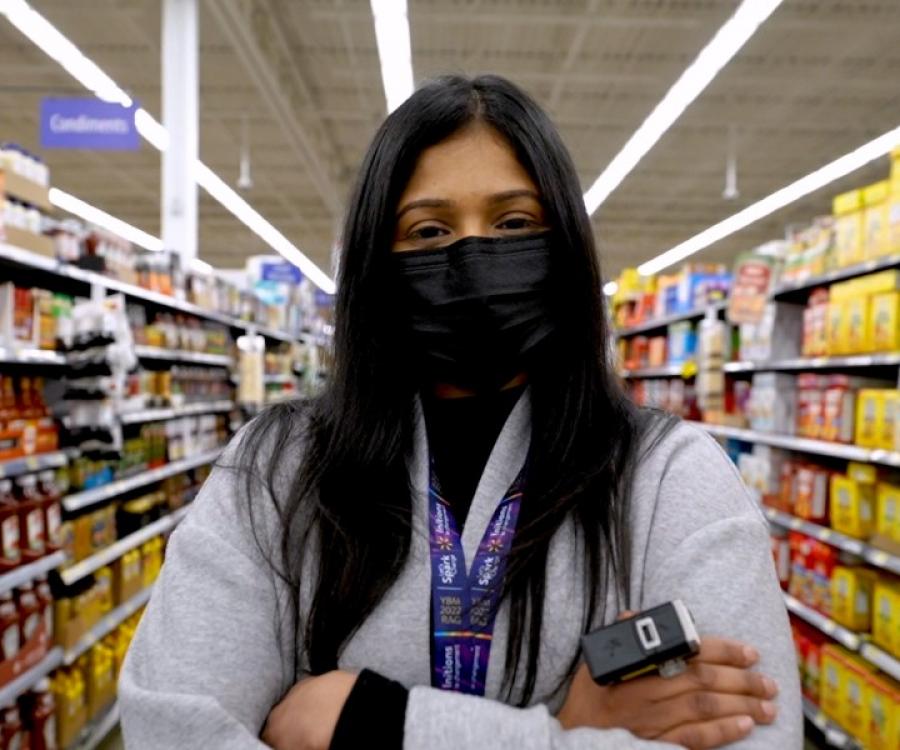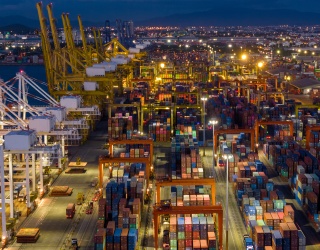
Blue Yonder has released findings from its 2022 Consumer Sustainability Survey, which revealed retail consumer preferences related to sustainable shopping habits. The survey found that more than three-quarters (86%) of consumers are willing to delay e-commerce deliveries for the sake of improving sustainability if given an incentive to do so. Of those respondents, 29% are willing to delay deliveries up to five days and 28% are willing to delay a week or more.
The data also showed the COVID-19 pandemic had a noticeable impact on consumer sustainability habits. Nearly half (44%) of consumers said their interest in shopping sustainably increased since the start of the pandemic.
“During the pandemic, many businesses had to temporarily trade-off sustainability for the sake of public health and safety. Essential stores such as grocery eliminated reusable bag use and nearly all brick-and-mortar shops strengthened or in some cases added new online commerce operations with delivery options. This shifted more sales online that previously would have occurred in-store,” said Edward Wong, senior vice president, Global Retail Sector Leader at Blue Yonder. “As retail emerges from pandemic-era practices, sustainability is back in focus. The findings of this study reflect the paradigm shift toward a more environmentally friendly supply chain as consumers are now willing to do their part to embrace more sustainable shopping habits.”
Consumers willing to do their part
Retail e-commerce sales are expected to grow by 50% over the next four years. To help limit the environmental impact of their online shopping, the survey found that consumers are willing to do their part by recycling, spending more on sustainable packaging or even setting minimum spending requirements on deliveries:
- 81% of consumers recycle boxes/bags from in-store and online shopping at least half the time and more than half (53%) recycle the packaging 75-100% of the time
- 64% are willing to spend more on sustainable packaging, with 44% willing to spend up to 5% more
- 40% agree there should be a minimum amount a consumer must spend to qualify for expedited shipping or shipping in general
Social media influences shopping frequency at sustainable retailers
The survey also revealed that social media has influenced over half (52%) of consumers’ sustainable shopping frequency. Nearly half (45%) said they were slightly-to-moderately influenced and 7% said they were moderately-to-significantly influenced.
For those influenced by social media, Facebook and Instagram had the biggest influence with 31% and 28%, respectively. Facebook is the most popular platform for ages 45 and older and Instagram for ages 18-44. Surprisingly, TikTok (16%) and Snapchat (5%) were not as large of an influence with consumers overall. However, these platforms had a larger appeal for respondents ages 18-29, with TikTok at 28%.
“Businesses are in a unique position to start making smarter decisions that consider not only profit, but the environment and humankind. With the use of powerful new technologies, these factors are no longer mutually exclusive,” continued Wong. “Forecasting demand using artificial intelligence (AI) and machine learning (ML) is one of the most effective ways to do this. These advanced tools can detect obscure business patterns from hundreds of variables, including the weather, price elasticity, and events, to predict sales at the most granular levels. This allows businesses to operate responsibly (and profitably) via reduced waste, more efficient production, smarter transportation strategies, and reduced resource consumption.”
The full report can be downloaded here.









